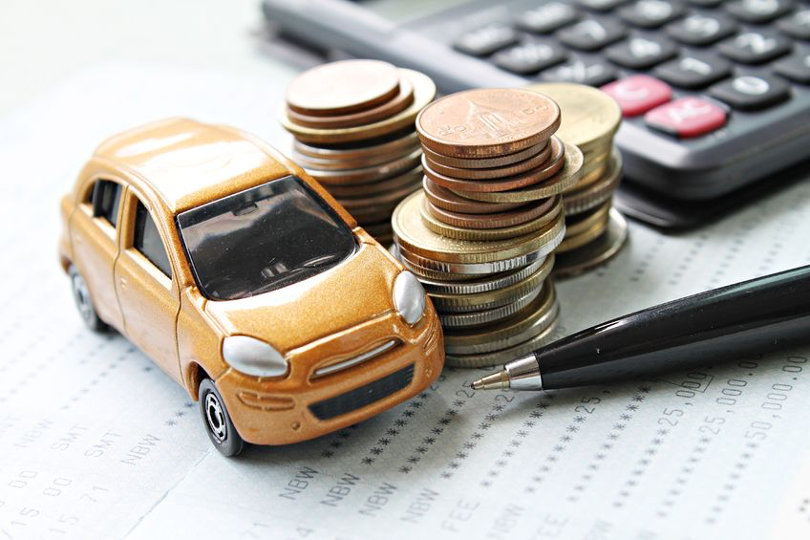[ad_1]
Personal Contract Purchase (PCP) is a great way to spread the cost of owning your next car into monthly payments over a number of years. It’s one of the most popular forms of finance in the UK due to lower monthly payments and more flexible options.
You may be wondering if PCP car finance is for you and what are the pros and cons. The guide below helps you decide whether PCP is the best option for your circumstances and the criteria you need to meet in order to get approved.

How does PCP car finance work?
Personal Contract Purchase is a type of secured loan which is usually spread across 1-5 years. It allows applicants to borrow an amount to cover part of the cost of their chosen car. This is why payments tend to be lower than other options.
The loan is secured against the vehicle which means that it belongs to the finance company until you pay the final ‘balloon payment’. PCP car finance deals gives the customer more flexibility and they have 3 options at the end of the contract, they can choose to:
- Hand the car back to the dealer and the agreement has ended
- Use the resale value of the car on another car with a new PCP agreement.
- Pay the final balloon payment and keep the car.
What are the benefits of PCP car finance?
There are a number of benefits that make PCP deals suitable for a wide range of people and attractive to car buyers.
- Low monthly payments. The monthly payments you make do not cover the cost of the car but instead go towards the depreciation of your vehicle over its term length.
- Low rate car finance. PCP deals often benefit from low interest rates which are fixed throughout the agreement.
- New and used cars. PCP can be used to finance both new and used cars. Used cars on PCP can be even cheaper due to less depreciation.
- More flexibility. You don’t have the own the car at the end of the agreement and have more options available then other finance deals.

Are there any disadvantages to getting a car through PCP?
The benefits listed above are great selling points for buyers, but PCP doesn’t suit everyone and there are a couple of things you should be aware of when applying.
- Large balloon payment. It can be expensive if you want to own the car at the end of the agreement. The balloon payment covers the rest of the cost of the car, and it can be quite large.
- Mileage charges. At the start of a PCP agreement, you will set an annual milage limit and you can face additional charges at the end of the agreement if you have exceeded these.
- Damage charges. You will also be required to agree to keeping the car in good condition. Most PCP cars end up back with the dealer, so they require you to take care of the car and you may face additional charges for excessive wear and tear.
- Not suitable for bad credit. If you have a low credit score you can face high interest rates on PCP deals. People with good credit scores usually get the best rates on PCP deals.
- You can not modify or sell. Until you make the final balloon payment you own the car, so this means you can’t make any modifications to the car or sell the car before.
PCP vs HP – what is better?
Another popular form of car finance is Hire Purchase when you want to take out a loan. PCP is technically a form of hire purchase but instead covers the cost of the whole car.
Hire purchase is usually over 1-5 years too but the monthly payments tend to be higher. This is because the loan equates to the full cost of your chosen vehicle.
HP can be more straightforward as you make all the monthly payments and then when you make the last payment, the car is yours to keep.
HP can be more suited to people who want to own the car at the end of the agreement or are struggling with bad credit. HP can be good for people with and credit as it’s a form of secured loan. This means the lender can use the car as collateral, should you fail to meet the repayments. There is also no mileage or damage charges associated with hire purchase car finance.
[ad_2]
Source link


